
Read This Before You Hire Your Second-in-Command
Hiring your second-in-command (2iC) is a new beginning and can be risky without clear direction. This change
Our blog features a wealth of articles, expert advice, and thought leadership pieces designed to help you navigate the complexities of hiring and leadership.

Hiring your second-in-command (2iC) is a new beginning and can be risky without clear direction. This change

Want to take down an organization? Smother it in toxic leadership. Toxic leadership suffocates your greatest resource

Filling a hole in your executive leadership team differs from solving every other problem in your company.
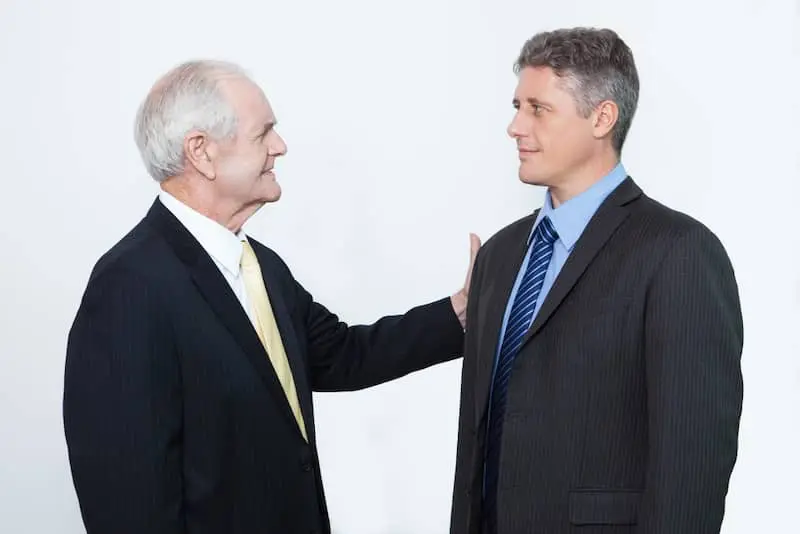
In 2024, Nike announced it would be undergoing a CEO leadership change. This decision came after the

When you’re looking to hire top-tier talent, especially for executive or leadership roles, you need more than

When you’re looking to fill a top leadership role in your company, the stakes are incredibly high.

Hiring a CEO is one of the most impactful decisions you’ll ever make for your company. But
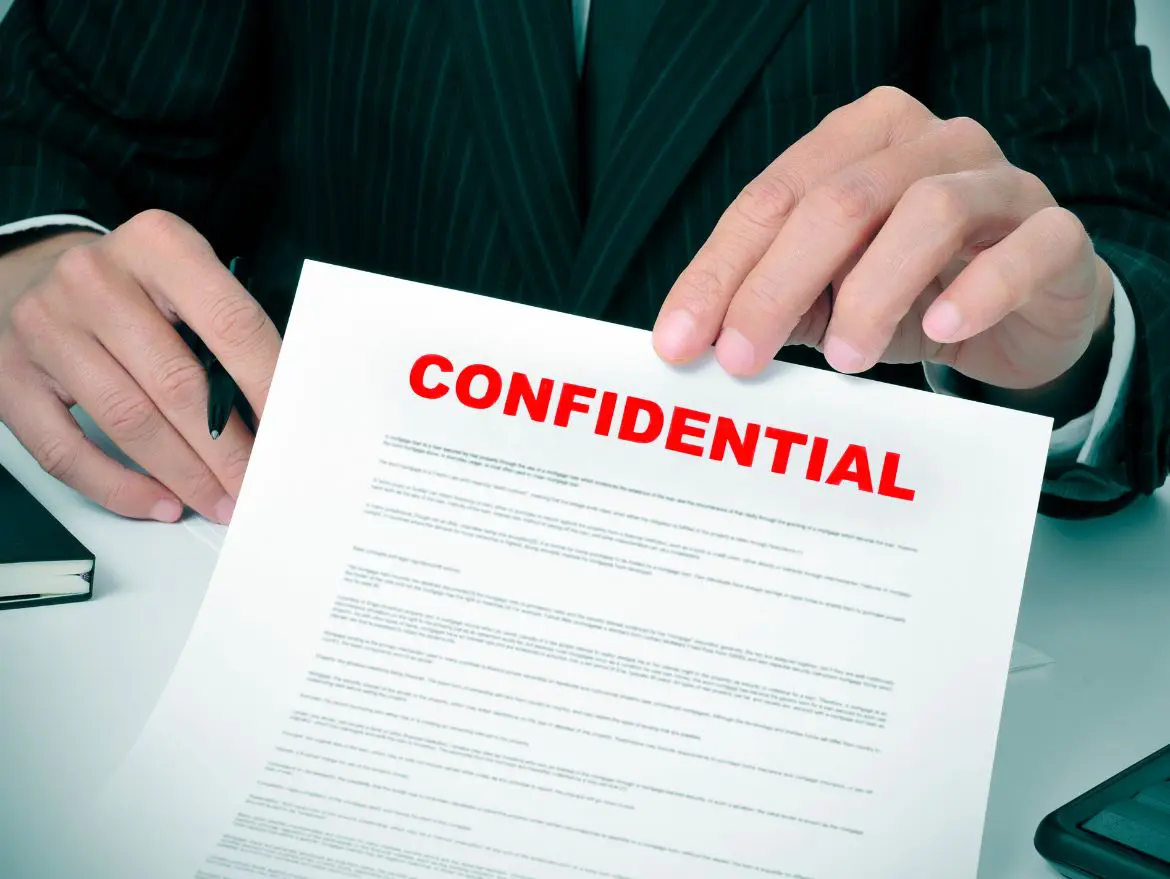
When you’re looking to fill a critical executive role, maintaining confidentiality isn’t just a preference—it’s a necessity.
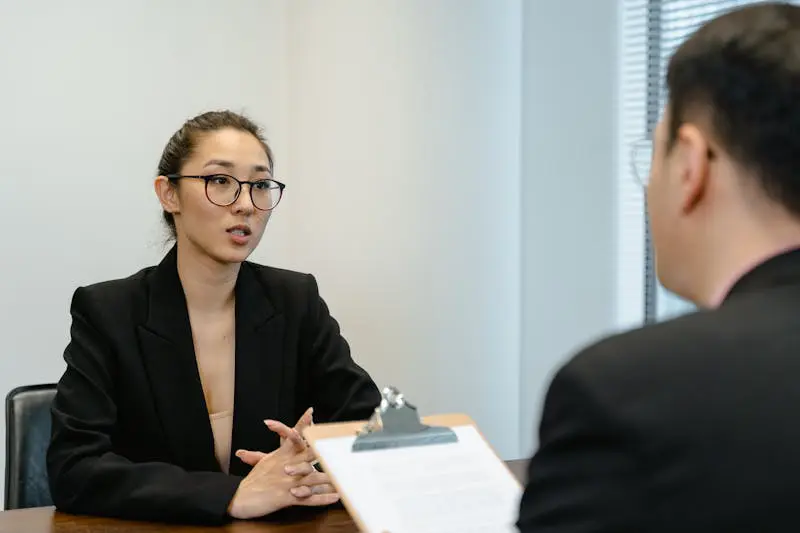
Hiring executive talent is one of the most critical and influential decisions your company will make. The

Quality leadership is what separates mediocre companies from great ones. But it isn’t enough just to find

Today’s top-tier leaders are looking for more than a paycheck. They want to know that your company

Hiring the right talent is one of the most critical decisions your company can make. Employees are
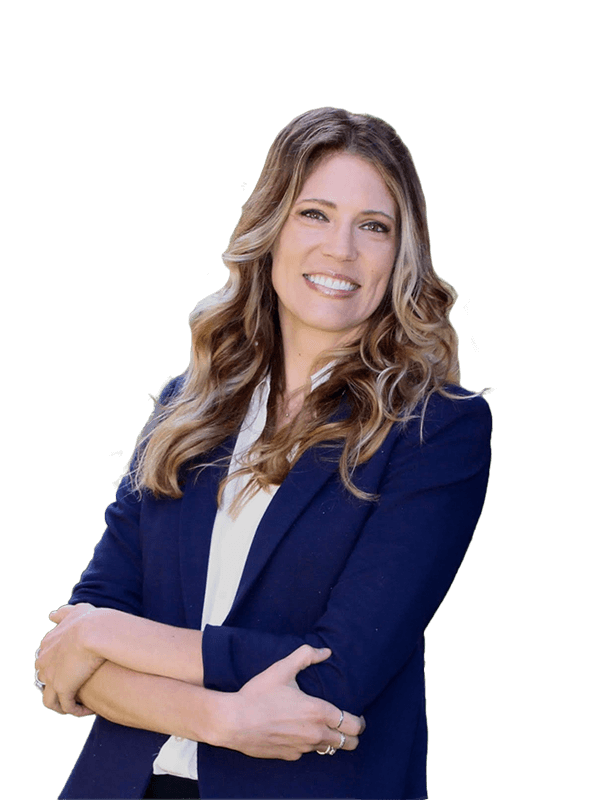
Big news! Y Scouts has just hired a new Managing Director. We’re thrilled to welcome Jessica Combs

Executive talent and inspiring leadership is the key to success across all industries in Ohio. From CEOs

Finding Your Next Florida Leader: A Guide to Executive Search When it comes to hiring C-suite talent

Hiring the right candidate for top-level executive positions shouldn’t be taken lightly. You want the perfect person

Arizona is a top destination for executive talent in all industries. Business owners understand the highly competitive

Filling an open position on your executive team can feel like an impossible task. If you have

Phoenix business owners understand the need to attract top leadership talent to drive their companies toward successful

The success and efficiency of the healthcare industry impacts all of us — if hospitals, medical facilities,

The executive team you choose to lead your company can mean the difference between amazing, purpose-based growth
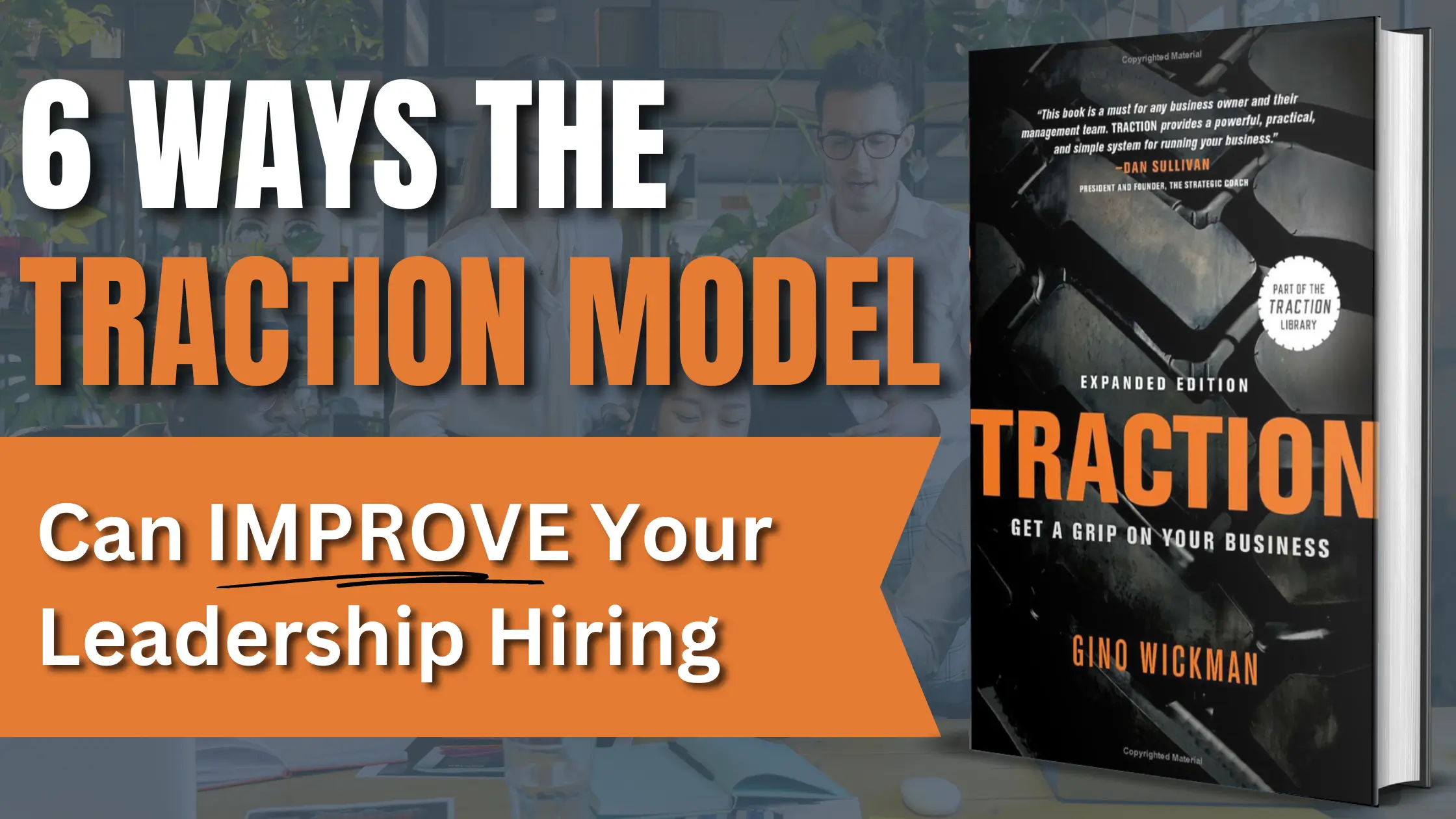
Finding and hiring the right leader for your company is one of the most important decisions any
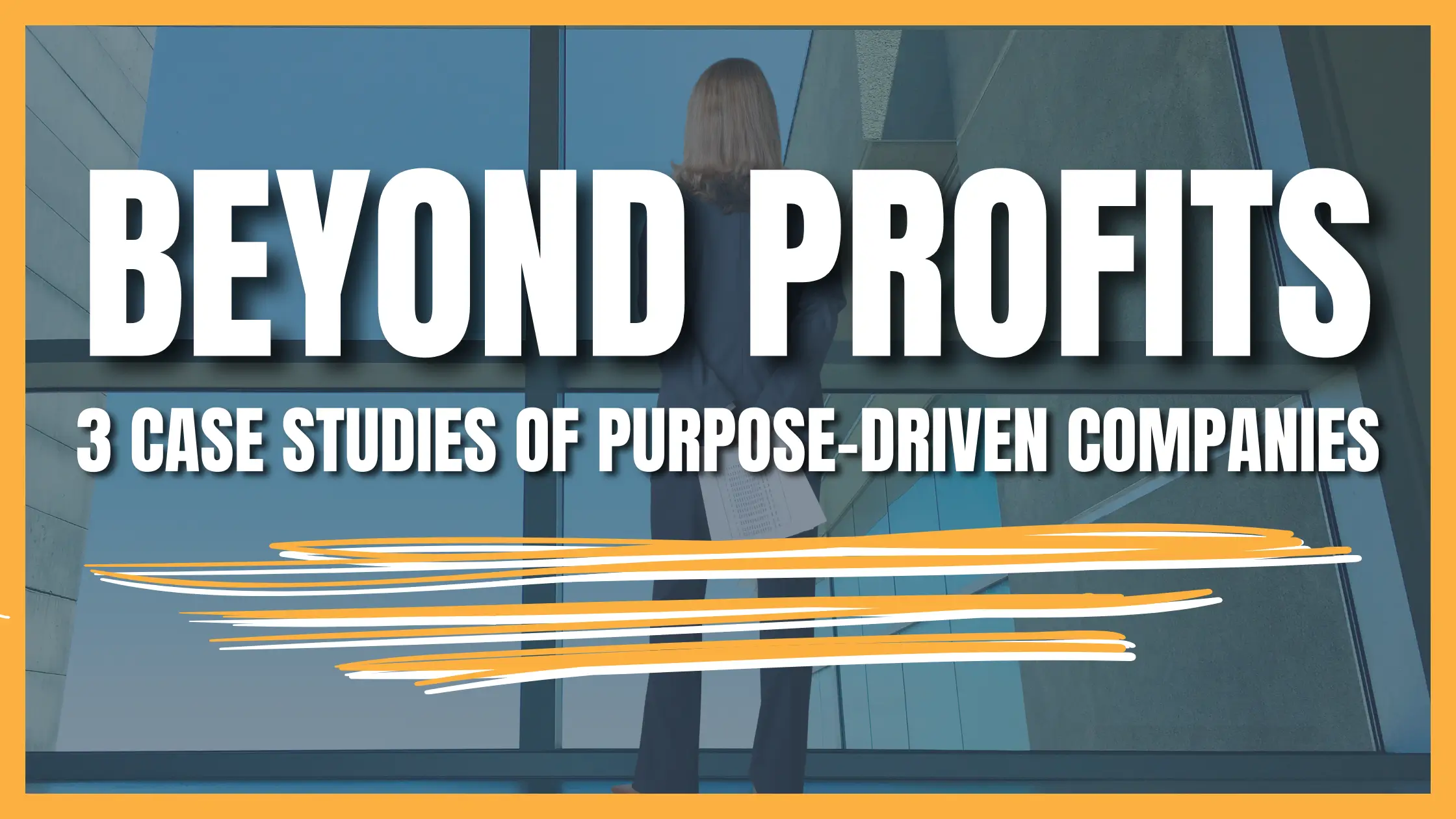
These days, more and more companies realize that “doing good” is good business. Consumers want to support
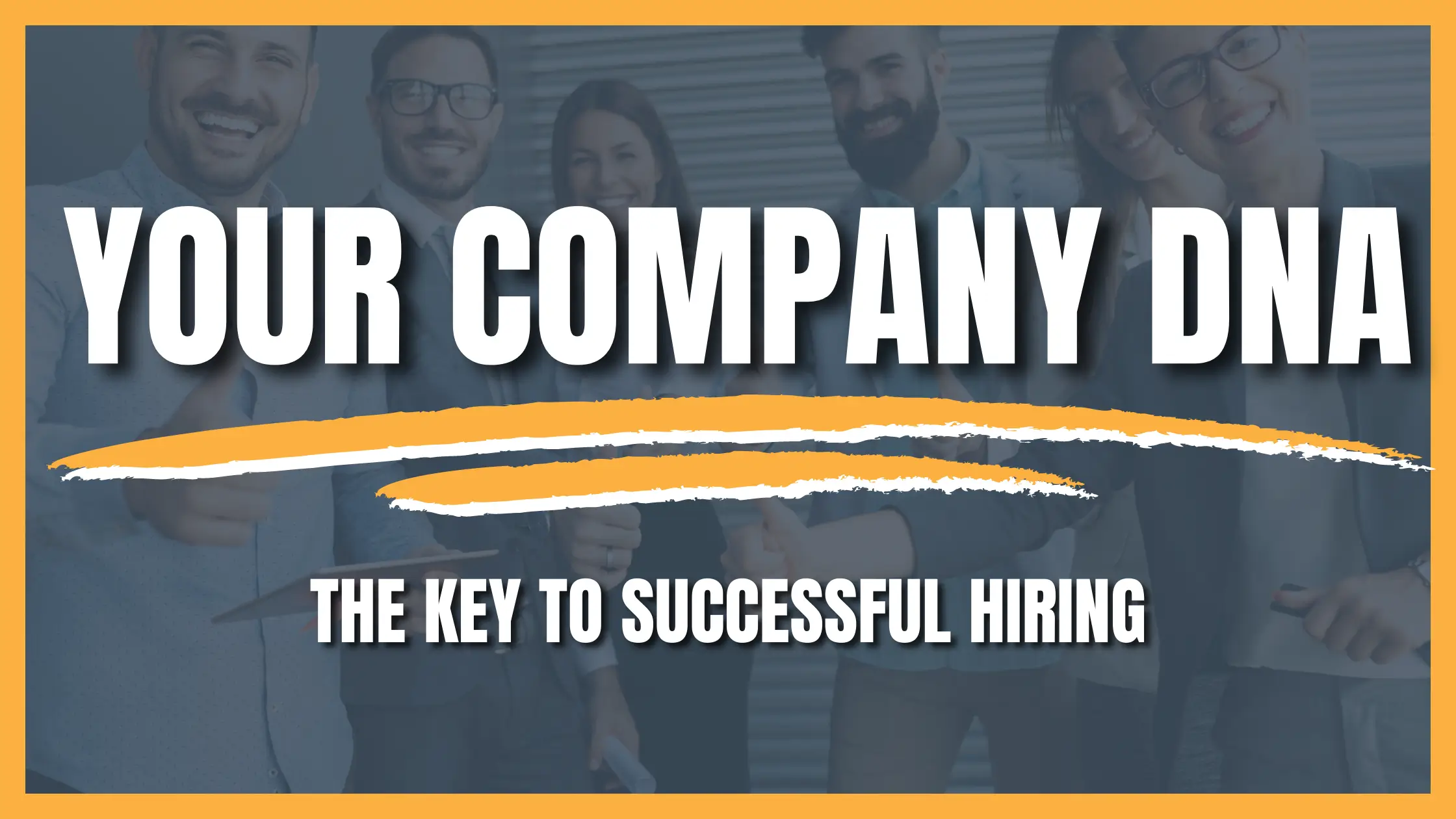
Hiring exceptional leaders starts with truly understanding your company’s DNA – your values, purpose, and culture. Get
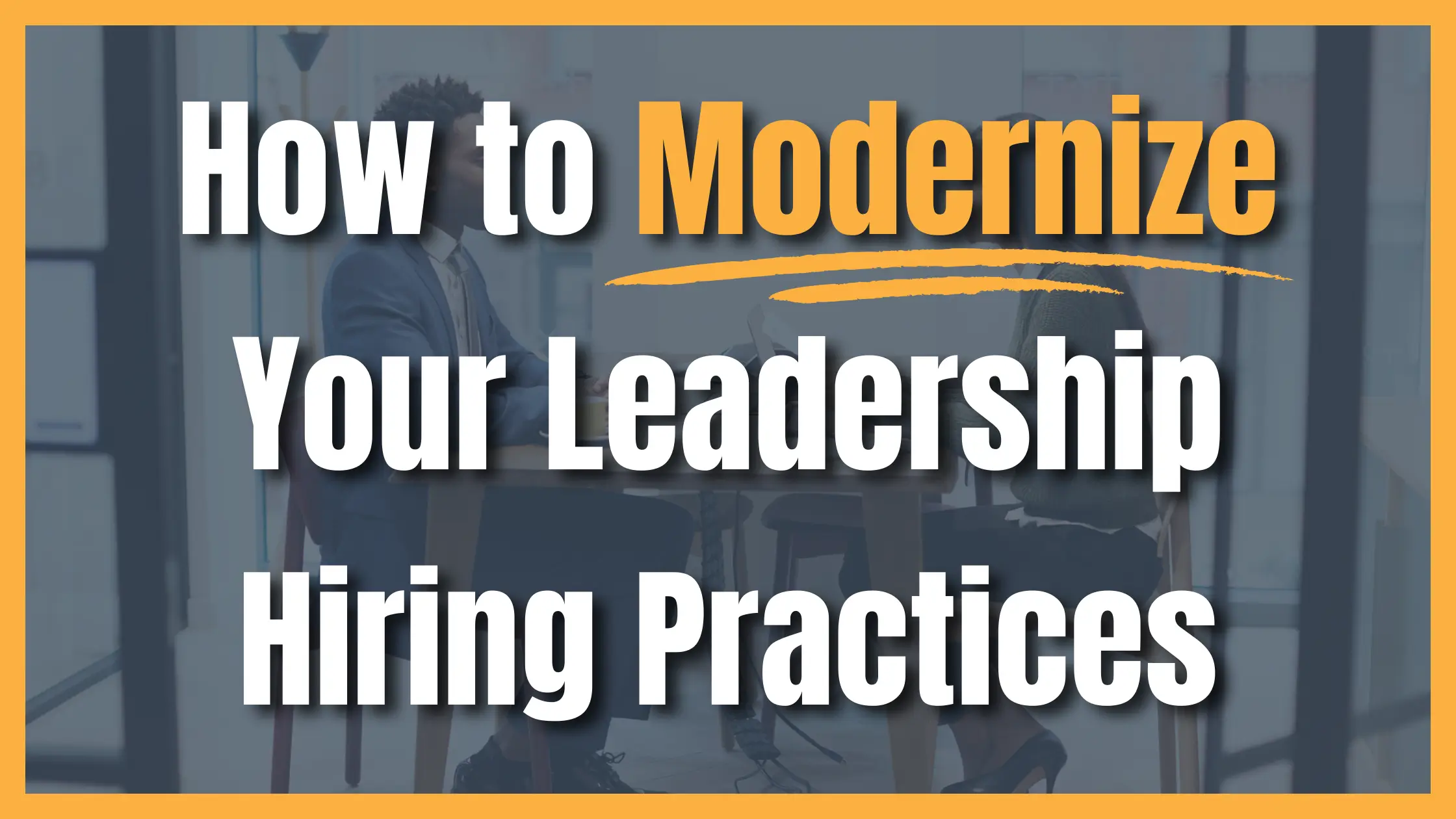
Many companies today still rely on outdated approaches to hiring leadership talent. They post job openings, sift
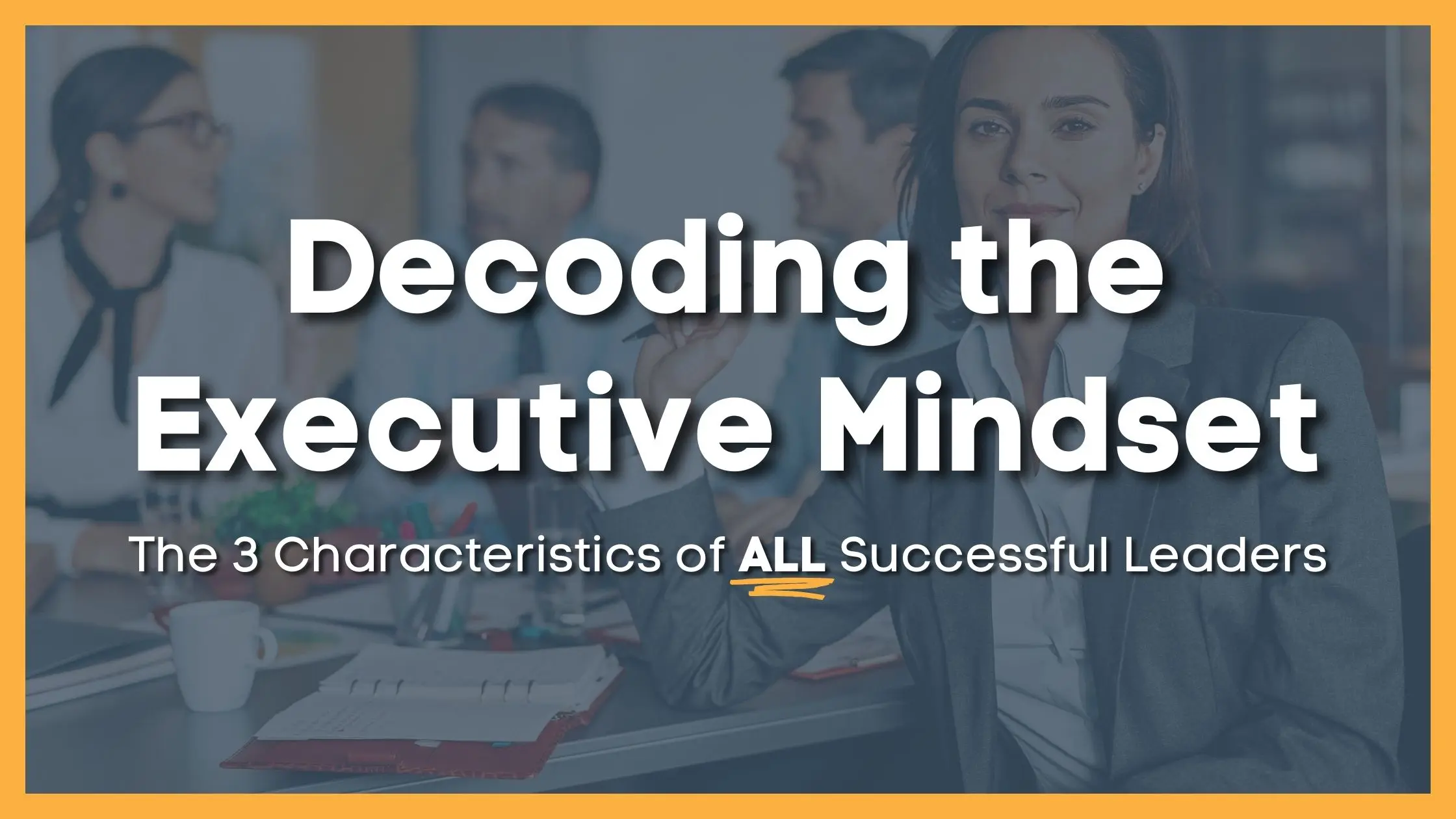
Having a true executive mindset is a key differentiator for those who ascend to the pinnacle of
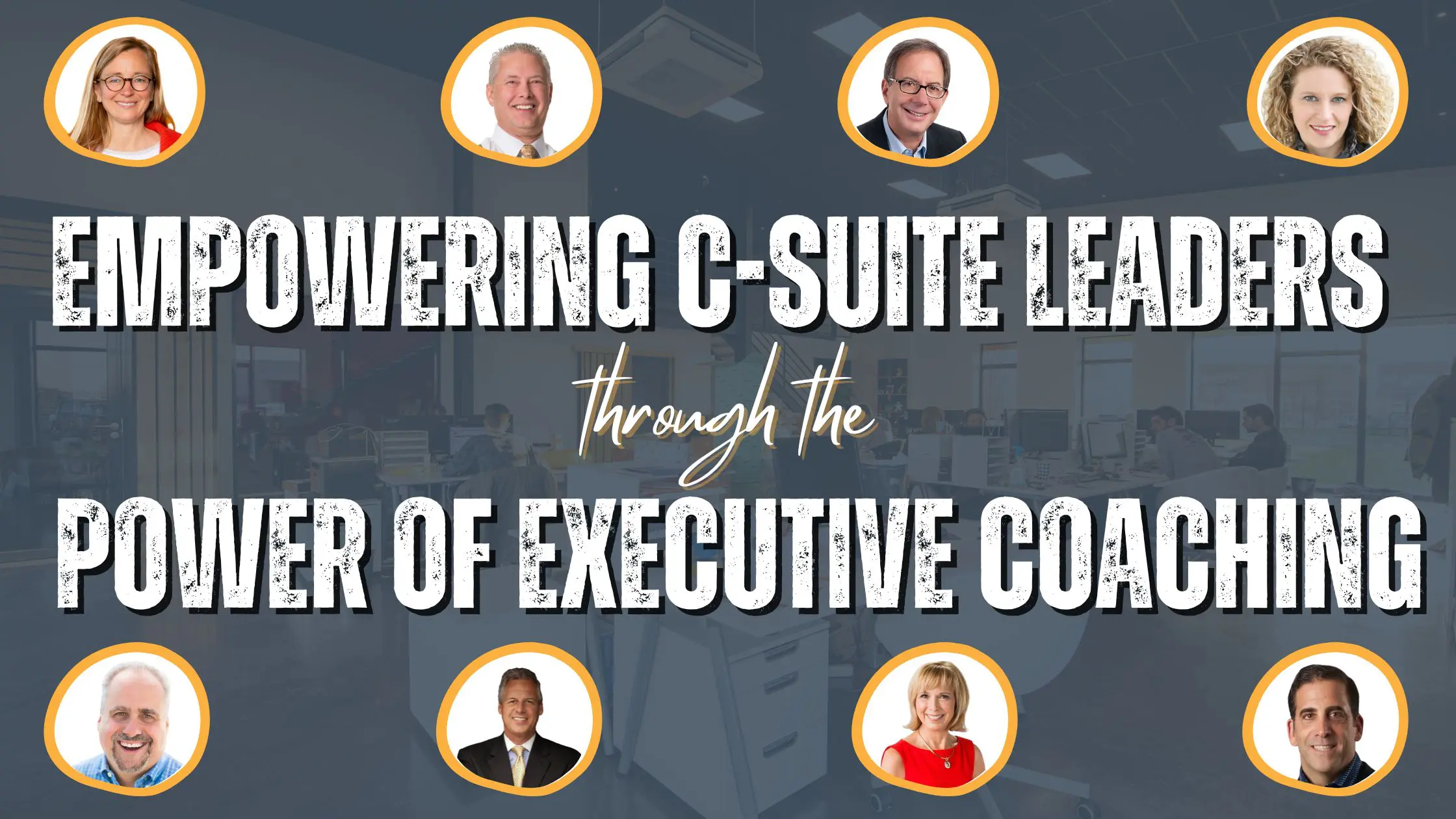
We’re all about transparency. That’s why we’re giving away our book with all our secrets to hiring on purpose…for free. If you are responsible for hiring at any level, this book is guaranteed to change the way you approach the critical skill of hiring great people.
This essential guide is designed for business leaders and HR professionals who aim to streamline their hiring process and secure top talent that aligns perfectly with their company’s mission and culture.